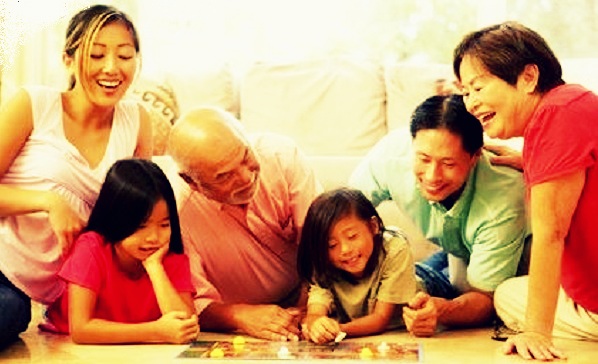Haley’s Story: Parent-Child Role Reversals
Editor’s Note: Each month, Haley Gray, author and senior advocate, shares stories and expertise about her personal experiences of finding care for aging parents to help provide comfort and guidance for those who are in similar situations.
Cary, NC — People are living longer, and an increasing number of adult children are becoming caregivers to their aging parents.
Roles Change
As I was driving along the interstate on July 4th weekend to visit family, I saw a billboard that read “Roles Change.” There were two images below the words. The first showed two parents caring for a child, and the second showed the child caring for the parents later in life.
When we’re young, the thought of having to care for our parents is a foreign notion. As a nation, we are living longer, which means that more of us caring for our parents. These roles can change gently over time or abruptly with the diagnosis of a debilitating disease.
It is not unusual for the parent-child relationship to evolve so that a child increasingly has to make decisions for aging parents.
Troubles & Challenges
This can be a troublesome shift. As children, we think, “This isn’t the way things are supposed to be. Our parents are supposed to be our caregivers, authority figures and decision makers.” Unfortunately, it doesn’t always stay that way.
When adult children become responsible for a parent, their role inherently begins turning from child-like to parental. Adult children are in charge of everything from living arrangements and groceries to medications, doctors’ appointments and clothing purchases.
Essentially, many end up with the responsibility of making most of the decisions in their parents’ lives. When adult children are already trying to balance very full lives, which consist of children, work, school or other responsibilities, these responsibilities can be daunting.
Haley’s Story
As my dad’s dementia progressed, I was forced to be the responsible person, the adult, in our relationship. One of the things about dementia is that it doesn’t always look the same every day. One day Dad was able to play bingo or bridge.
The next, he might not remember where to put the markers on the bingo card. Some days he could feed himself, but on others he didn’t understand how to use a fork.
Being responsible for another adult can be a difficult tightrope walk. You have to make decisions for someone who may easily hand over that authority or may not. It’s not uncommon for someone with dementia to make poor decisions with negative long-term consequences.
They no longer understand the effects of their decisions. How often do we hear reports of an older person falling prey to a con artist or scam?
Protect Your Parents
As they once protected us, we want to protect our parents—even when they think they don’t need our help. That’s a true role reversal if I ever heard one.
——————————————————————————————————————————
Story contributed by Haley Gray, MBA, CSA, CEO of Extension of You Home Care and author of Choosing a Caregiver: Expect the Best and Know How to Ask for It. Read more of Haley’s stories. Photo from Extension of You.



